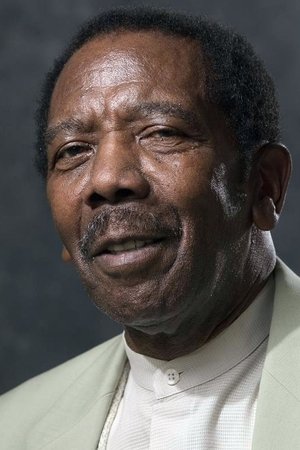Jimmy Smith (1925-2005)
Alias:
James O. Smith
Birthplace:
Norristown, Pennsylvania, USA
Born:
December 8, 1925
Died:
February 8, 2005
James Oscar Smith (December 8, 1928 – February 8, 2005) was an American jazz musician who helped popularize the Hammond B-3 organ, creating a link between jazz and 1960s soul music. In 2005, Smith was awarded the NEA Jazz Masters Award from the National Endowment for the Arts, the highest honor that America bestows upon jazz musicians. James Oscar Smith was born in Norristown, Pennsylvania northwest of Philadelphia. He joined his father doing a song-and-dance routine in clubs at the age of six. He began teaching himself to play the piano. When he was nine, Smith won a Philadelphia radio talent contest as a boogie-woogie pianist. After a period in the U.S. Navy, he began furthering his musical education in 1948, with a year at Royal Hamilton College of Music, then the Leo Ornstein School of Music in Philadelphia in 1949. He began exploring the Hammond organ in 1951. From 1951 to 1954, he played piano, then organ in Philly R&B bands like Don Gardner and the Sonotones. He switched to organ permanently in 1954 after hearing Wild Bill Davis play. He purchased his first Hammond organ, rented a warehouse to practice in and emerged after little more than a year. Upon hearing him playing in a Philadelphia club, Blue Note's Alfred Lion immediately signed him to the label and his second album, The Champ, quickly established Smith as a new star on the jazz scene. He was a prolific recording artist and, as a leader, dubbed The Incredible Jimmy Smith, he recorded around forty sessions for Blue Note in just eight years beginning in 1956. Albums from this period include The Sermon!, House Party, Home Cooking', Midnight Special, Back at the Chicken Shack and Prayer Meetin'. Smith signed to the Verve label in 1962. His first album, Bashin', sold well and for the first time Smith worked with a big band, led by Oliver Nelson. Further big band collaborations followed with composer/arranger Lalo Schifrin for The Cat and guitarist Wes Montgomery, with whom he recorded two albums: The Dynamic Duo and Further Adventures of Jimmy and Wes. Other albums from this period include Blue Bash! and Organ Grinder Swing with Kenny Burrell, The Boss with George Benson, Who's Afraid of Virginia Woolf?, Got My Mojo Working, and Hoochie Coochie Man. During the 1950s and 1960s, Smith almost always performed live, in a trio, consisting of organ, guitar and drums. The Jimmy Smith Trio performed "When Johnny Comes Marching Home" and "The Sermon" in the film Get Yourself a College Girl (1964). In the 1970s, Smith opened his own supper club in the North Hollywood neighborhood of Los Angeles, California, at 12910 Victory Boulevard and played there regularly with Kenny Dixon on drums, Herman Riley and John F. Phillips on saxophone; also included in the band was harmonica/flute player Stanley Behrens. The 1972 album Root Down, considered a seminal influence on later generations of funk and hip-hop musicians, was recorded live at the club, albeit with a different group of backing musicians. Holle Thee Maxwell, then known as Holly Maxwell, was Smith's vocalist for two years in the late 1970s. During a South African tour, they recorded the album Jimmy Smith Plays for the People in 1978. ... Source: Article "Jimmy Smith (musician)" from Wikipedia in English, licensed under CC-BY-SA.





